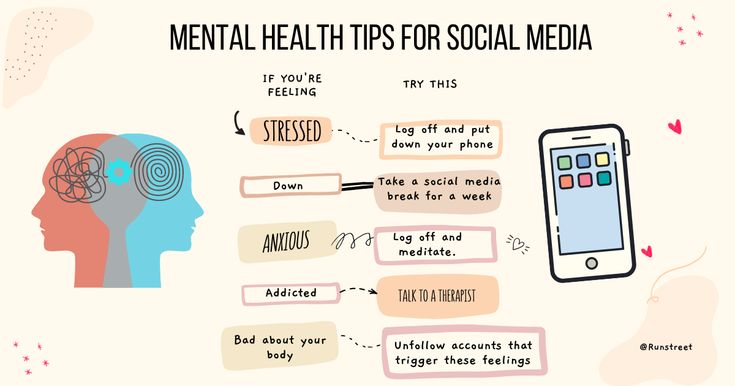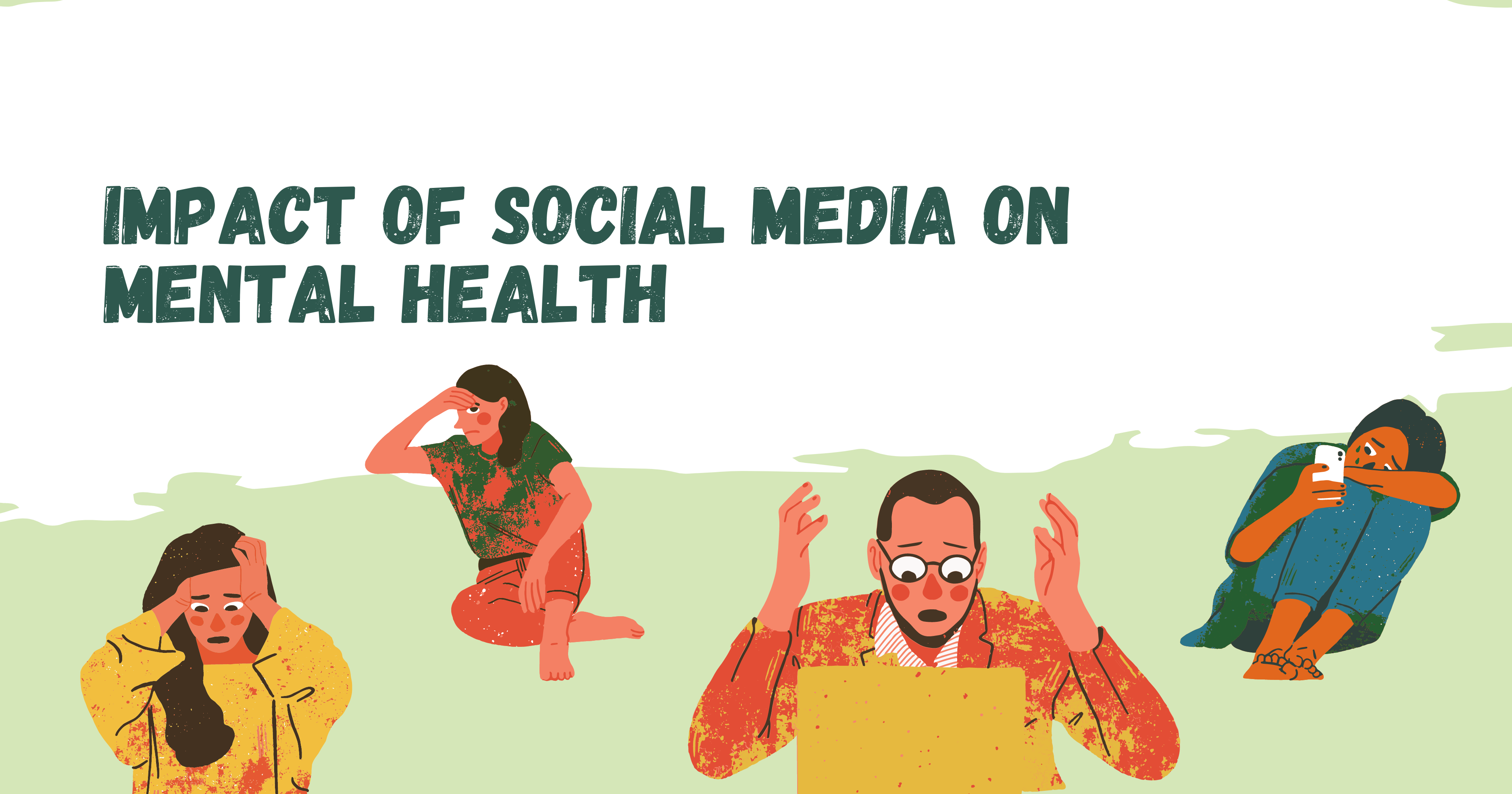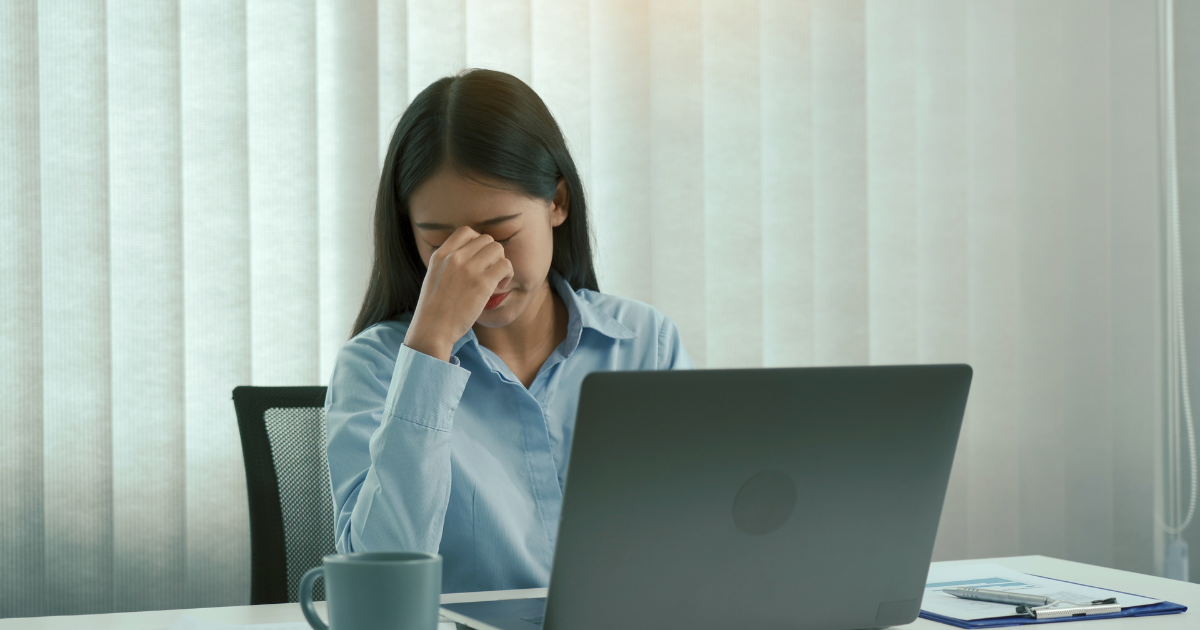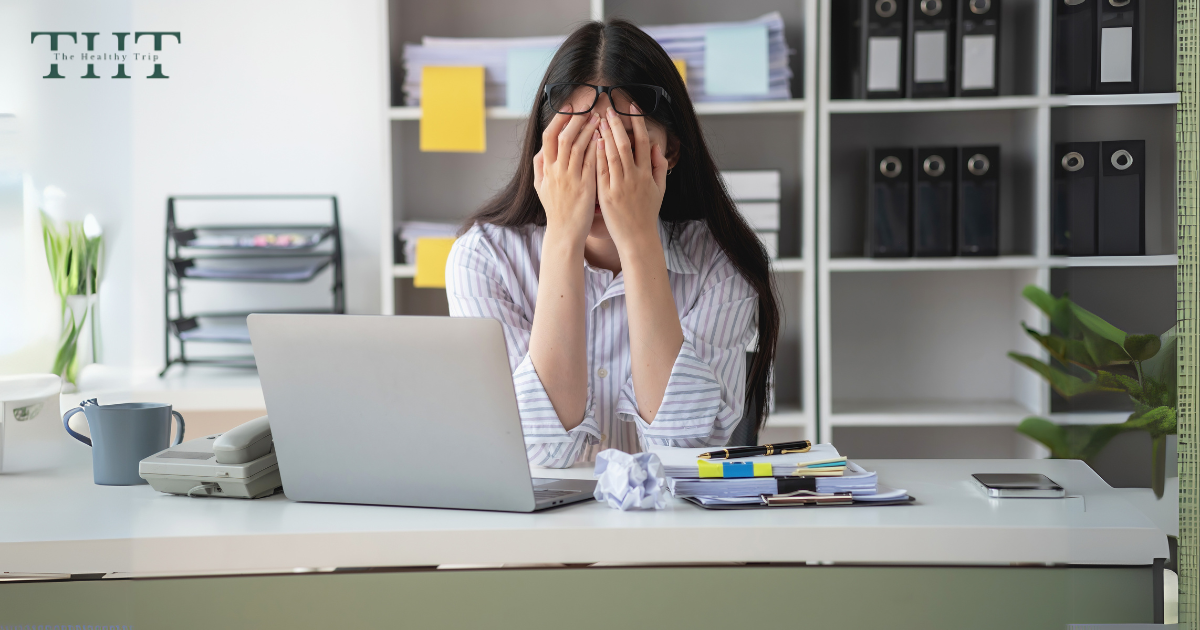Today social media has become a very important and noticeable thing in our everyday life. Social sites such as Facebook, Instagram, twitter, tik tok help to connect with friends, family and the rest of the world. Nevertheless, one of the issues that arose in connection with social media is the situation with health, particularly mental health. This blog will discuss the impact of social media on mental health and ways to develop a healthy approach to Or social networking.
Over the last decade, already identified social media platforms have changed the way we interact with each other. As we have seen, social media has many advantages, but also disadvantage that have impacts on our thought processes. It is only possible to fully capture all the benefits of social media while minimizing as much of its social costs as possible by understanding both the positive and negative potential of social media.
Positive Impacts of Social Media on Mental Health
Connection and Community
One of the biggest or most apparent is that it brings people together. As for the groups of people who often experience loneliness, social media become a source of relatedness. It enables people to interact with friends and families and also to share experiences and lend support to each other.
Access to Information and Resources
Social networking is undoubtedly an effective way of sharing information. Although without the need to diagnose, it offers articles, groups, and topics related to mental health information. It may be very useful for those who need an advice or someone to talk with or for those people who want to know more about mental disorders.
Creative Expression and Inspiration
Platforms like Instagram, Pinterest, and TikTok are relevant for self-creation. The hosts and listeners also have an option to share artwork, music, writing, and performing arts, as well as get support from listeners. It can raise self-esteemed and encourages the feeling of efficacy.

Negative Effects of Social Media on Mental Health
Anxiety and Depression
Excessive use of social media has been linked to increased levels of anxiety and depression. Constant exposure to idealized images and lifestyles can lead to feelings of inadequacy and low self-esteem. The pressure to maintain a perfect online persona can also contribute to stress and anxiety.
Fear of Missing Out (FOMO)
FOMO is a common phenomenon associated with social media use. Seeing friends and acquaintances engaging in exciting activities can create a sense of missing out on enjoyable experiences. This can lead to feelings of loneliness and dissatisfaction with one’s own life.
Cyberbullying and Online Harassment
The anonymity of the internet can embolden individuals to engage in negative behaviors, such as cyberbullying and online harassment. Victims of such actions often experience severe emotional distress, which can have long-lasting effects on their mental health.
Balancing Social Media Use
Maintaining a healthy relationship with social media is crucial for mental well-being. Here are some strategies to help achieve this balance:
Setting Boundaries
Establish clear boundaries for social media use. Limit the amount of time spent on these platforms and avoid checking them during certain times of the day, such as before bed or during meals.
Mindful Usage
Be mindful of how social media affects your emotions. If you notice feelings of anxiety or sadness after using social media, consider reducing your time on these platforms or unfollowing accounts that trigger negative emotions.
Taking Digital Detoxes
Regular digital detoxes can be beneficial for mental health. Take breaks from social media to focus on offline activities, such as spending time with loved ones, pursuing hobbies, or enjoying nature.
Conclusion
Social media is a double-edged sword. While it offers numerous benefits, it also poses risks to mental health. By being aware of the potential negative effects and taking proactive steps to manage social media use, individuals can enjoy the positive aspects while protecting their mental well-being.
Maintaining a healthy balance between online and offline life is key to ensuring that social media enhances, rather than detracts from, our mental health. Remember, it’s essential to use these platforms mindfully and take care of your mental well-being in the digital age.










